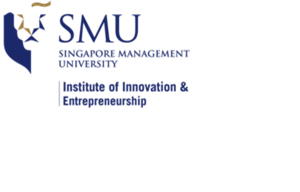Social Entrepreneurship involves the application of business solutions to social/environmental problems. To identify commercially viable yet appropriate solutions, social entrepreneurs need to have a deep understanding of the needs of both beneficiaries and customers.
At the core of the course is the process of developing low-cost, quick consumer experiments to learn about the market potential for different variants of new products or services, as well as how social impact is created. There will be multiple iterations of the business idea until an attractive variant is identified or an avenue to an adjacent space is explored. The course also familiarizes students with how best to present their market validation information and the initial outlines of their business and revenue models to early-stage investors and other stake holders in the social impact space.
The course will guide students in the process of developing and market-testing new venture ideas. Students will work in teams, and each team will receive a grant of $1,000 towards prototyping and market testing their new venture idea.
Also, mentors will give the team feedback on their market testing process. A panel consisting of faculty instructor, industry experts, and entrepreneurs will select the teams for the course based on their one-page new business idea outline.
By the end of this course, students will be able to:
- Identify customer and beneficiary needs through prototyping
- Develop mock prototypes of their products or services
- Understand who are "lead users" or "early-evangelist" consumers
- Develop networking strategy to reach "lead users" or "early-evangelist" consumers
- Develop simultaneous trials to get feedback from "lead users" or "early-evangelist" consumers
- Understand the drivers of roles and incentives for a new business team
- Know when to pivot a new business idea
- Understand how to outline a business and revenue model for an early stage idea
- Present their market-validated new business idea to investors and industry experts

Students developed entrepreneurial solutions to social/environmental problems that are market-friendly and commercially viable, which include producing mock prototypes of the product or service, to the organisation.